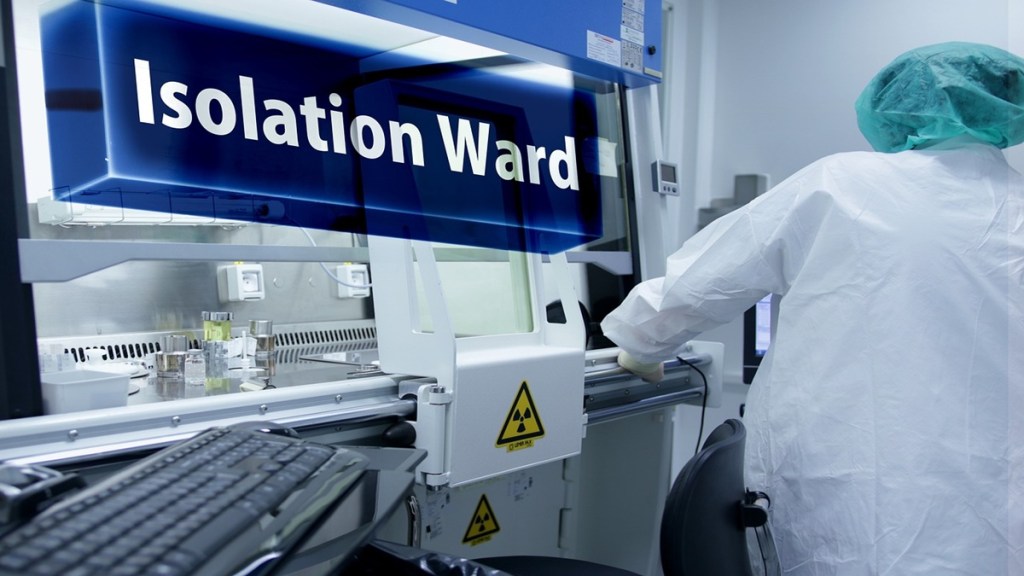A suspected norovirus outbreak on the P&O cruise ship has led to passengers “dropping like flies”. Reportedly, the P&O Iona, carrying 5,000 guests and 1,800 staff members is currently passing Belgium on a seven-day cruise across northern Europe.
According to a report by Sky News, P&O Cruises confirmed that some guests have reported symptoms of gastrointestinal illness. However, it refused to provide update on the health of cruise staffers.
“People [were] throwing up in restaurants, on decks, outside cabins,” one of the passengers told the publication, adding that “a large number” of guests and staff were experiencing the virus symptoms.
“P&O Cruises works with global, national and regional public health authorities on approved and proven protocols across our ships in order to protect the health and wellbeing of all on board,” a P&O spokesperson said.
“Gastrointestinal related illness is very common in the UK and is predominantly spread by person to person transmission in environments such as hotels, schools and restaurants.”
According to a report by NDTV, the company informed that any guest who experienced virus symptoms and was not able to take part in ‘shore activities’ would be fully refunded.
What is Norovirus?
Norovirus is a common and very contagious virus. According to Cleveland Clinics, it is a group of viruses that causes severe vomiting and diarrhea. Norovirus outbreaks usually happen seasonally in colder months. The infection is the No. 1 cause of foodborne illness in the United States, Cleveland Clinic stated.
Norovirus causes gastroenteritis and some people may call it “stomach flu.” The influenza virus causes respiratory flu, not gastroenteritis.
What are the symptoms of Norovirus?
Symptoms of norovirus include:
- Nausea.
- Vomiting.
- Diarrhea.
- Stomach pain.
In addition, you may also have:
- A headache.
- Fever.
- Body aches.
Symptoms usually appear 12 to 48 hours after exposure to the virus and last one to three days.
How can you get Norovirus?
You can get the norovirus infection in many ways, including through:
- Close contact with someone who has the virus.
- Touching contaminated surfaces and then touching your mouth or nose.
- Eating or drinking contaminated foods or beverages.
How is norovirus treated?
There isn’t a cure for norovirus. You can manage your symptoms by:
- Drinking plenty of liquids, especially liquids that contain electrolytes.
- Getting a lot of rest.
- Eating soft, bland foods.
How to prevent norovirus infection?
According to Cleveland Clinics, some precautions you can take to reduce your risk of getting norovirus include:
- Washing your hands often with soap and water.
- Washing your food before eating it (fruits and vegetables).
- Cooking your food thoroughly (especially seafood or shellfish) or to an appropriate temperature (at least 145 degrees Fahrenheit, or 62.77 degrees Celsius).
- Avoiding contact with people who have a norovirus infection.
- Cleaning and sanitizing frequently touched surfaces and objects.
- Washing your clothes thoroughly, especially if they’re soiled.

